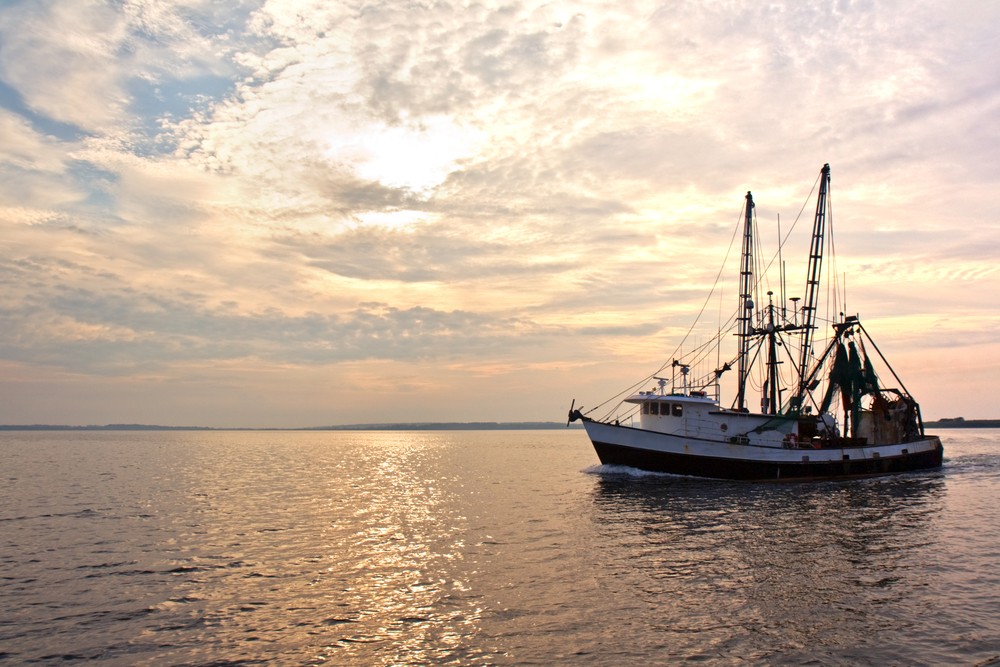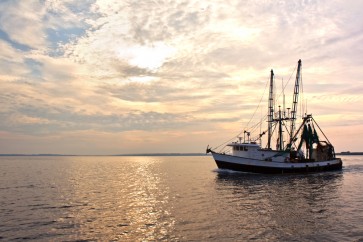Popular Reads
Top Results
Can't find what you're looking for?
View all search resultsPopular Reads
Top Results
Can't find what you're looking for?
View all search resultsReal-life tragedies of modern slavery at sea
To celebrate International Human Rights Day, Greenpeace Southeast Asia is releasing a new report that sheds light on the different facets of deception and exploitation as told by migrant fishers from Indonesia and the Philippines — stories of backbreaking work in harsh working conditions that may very-well be called "modern slavery".
Change text size
Gift Premium Articles
to Anyone
“Without labor, nothing prospers.” — Sophocles
This quote was penned by one of the ancient world’s most prolific writers, celebrated for his great tragedies that provided invaluable insight into the political and social climate of that time.
Centuries later, this particular quote by Sophocles continues to evoke wisdom, inspiring many to value hard work and perseverance in order to achieve success in life.
But sometimes, no matter how much one labors, it ends up in vain. I speak for those who work in certain industries where human rights and labor abuses persist even in today’s digital age.
To celebrate International Human Rights Day, Greenpeace Southeast Asia is releasing a new report that sheds light on the different facets of deception and exploitation as told by migrant fishers from Indonesia and the Philippines — stories of backbreaking work in harsh working conditions that may very-well be called "modern slavery".
The report, called Seabound: The Journey to Modern Slavery on the High Seas, raises the varied but interrelated issues concerning many distant water fishing operations, particularly foreign owned distant water fishing fleets where most Indonesian and Filipino fishing migrants end up working, according to the Taiwan Fisheries Agency.
Despite the vulnerable status of global oceans — heavily exploited and nearly overfished — the fishing industry remains one of the most profitable, valued at around US$153 billion annually. To sustain it, the industry often depends on a reliable workforce of cheap labor — mostly poor migrant fishers in Southeast Asia. Unfortunately, many of them claim to have been victims of false recruitment or subjected to poor working conditions that enable rights and labor abuses to occur out at sea.


















